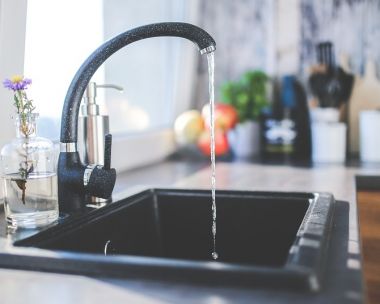Successfully becoming a new home owner is certainly something to celebrate. However, owning a home is a big financial commitment and it can be disheartening to know that the monetary costs don’t stop once you have signed your mortgage contract.
According to an article in The Telegraph, nearly half of all household income is spent on the running of a home, with an average annual cost of £20,000 for a three-bedroom home. But there are ways to make your new home-owning life easier and more manageable.
Keep an eye on utility bills
As a new homeowner, you may not previously have been responsible for utility bills. Now you’ll have to pay for the bills that your landlord may have been paying.
Also, your new home may be a larger property than your previous accommodation so bills such as heating could be higher. Budgeting and planning for this is a good way to prevent any surprise bills.
It can be as simple as creating a spreadsheet with your income and outgoings such as water, gas etc and working out how much you have left. You may need to curb your spending in some areas. You might also want to take advantage of new fintech like Monzo that enables you to track in and outgoings automatically.
Setting up standing orders for utility bills is a wise way to make sure they are always paid on time. After a few months, you’ll have a more accurate gauge on how much your utility bills are each month.
Pay your mortgage on time
This may seem obvious, but as a homeowner, paying your mortgage on time is extremely important. A late or missed mortgage repayment will stay on your credit report for at least six years, affecting your credit score.
Lenders such as banks and credit card companies always look at your credit history to calculate your credit score, which shows them what level of risk there is when lending to you.
Take out home insurance
Building insurance may have been something that your landlord was responsible for. Now that you are a homeowner, having buildings insurance is something you must have. However, if you own a flat, the freeholder could be responsible for the insurance.
Clarity on what your situation is will help you make the right decision. Buildings insurance can often be bought as a combined policy with your contents insurance.
Set up an emergency fund
Having an emergency fund is a great financial safety net. Having an emergency fund allows you to dip into it should a serious problem arise that needs addressing immediately without having to resort to loans and taking on debt.
So, should your garden fence blow down in a storm or a hole appear in the roof you’ll be able to get the issue sorted without the added stress and burden.
To explore more ways to making financial savings as a new homeowner and a whole wealth of other services, speak to one of our team today. We would love to hear from you.
Tel: 020 3761 6942
Fax: 020 8392 6112
Email: info@imcfs.co.uk

